Watching Russian documentaries hits different when you're learning the language. Beyond just hearing native speakers talk, you get to experience real Russian life unfolding on screen - from bustling city streets to quiet village moments, from historical events to modern-day stories. It's as close as you can get to living in Russia without buying a plane ticket!
If you're itching to find a good Russian documentary to watch, I've got five amazing documentaries that will transform your Russian language journey. These films are packed with authentic conversations, diverse accents, and genuine cultural insights that'll boost your learning in the most natural way possible.
- 14+ Crazy Russian Swear Words, Insults, And Curses For Beginners
- 13 Essential Russian Greetings You Need To Know
- How To Say Hello In Russian: 7 Common Phrases

Best Russian Documentaries To Learn Russian
Napoleon In Russia

Napoleon in Russia is a gripping documentary that puts you right in the heart of one of history's most epic battles. It brings to life the legendary 1812 clash between Napoleon's Grande Armée and the Russian forces, showing how this massive conflict shaped both Russian and European history.
What makes this documentary perfect for Russian learners is its mix of formal historical narration and authentic battlefield terminology. You'll pick up military vocabulary naturally as you follow the story, plus learn how Russians themselves tell this pivotal moment in their history.
Soviet Storm: WW2 in the East

This isn't your typical history class - it's an intense dive into the Eastern Front of World War II that brings every battle, strategy, and human story to life. The documentary's high production value and attention to detail make complex military operations easy to understand, even if you're not a history buff.
Russian learners will love this because the visual aids and graphics make it easier to connect Russian military terms with their meanings, and since much of the content follows a clear cause-and-effect pattern, you can often predict what's being said even if you miss a few words.
Lermontov

Lermontov pulls back the curtain on one of Russia's most fascinating literary figures, mixing his real-life story with the fictional worlds he created. This beautifully crafted documentary shows how Mikhail Lermontov's passionate, often turbulent life influenced his unforgettable characters and stories. It's like watching two stories unfold at once - the poet's dramatic life and the deep, soul-searching tales he wrote, each one echoing pieces of his own journey.
If you love literature and poetic language, you'll definitely love this! You'll hear beautiful literary Russian alongside everyday speech, plus get exposed to classic poetry readings that showcase the language's natural rhythm and flow.
The Romanovs

Think of it as the ultimate family saga - but instead of just family drama, you get wars, reforms, palace intrigues, and cultural revolutions that shaped modern Russia. The documentary brilliantly connects the dots between major historical events and the personal lives of the rulers, making this complex dynasty's story surprisingly easy to follow and totally absorbing.
This documentary is perfect for Russian learners because it features a mix of formal historical narrative and colorful storytelling about the royal family's personal lives. You'll hear Russian used to describe everything from grand political events to intimate family moments, building your vocabulary across different contexts.
Napoleon's Wars

This documentary captures the incredible turnaround story of how Russia went from defending its territory to marching across Europe and ultimately defeating Napoleon. Through detailed battle recreations and expert commentary, you'll follow every strategic move and dramatic twist that led to this historic victory.
The documentary is a fantastic learning resource for Russian students, particularly because it uses a mix of battlefield narratives and diplomatic discussions. You'll hear Russian spoken in different contexts and encounter a new set of vocab related to giving commands.
How To Learn Russian Through Documentaries
Ready to maximize your learning with these documentaries? All the films we covered above are available in the Lingopie catalog, and here's how to get the most out of them.
Start with Active Watching
Don't just read subtitles passively - try to connect the Russian words you hear with what you see on screen. Notice how speakers change their tone and speed in different situations. Pause and repeat interesting phrases, especially when you can guess their meaning from the context. Pay special attention to recurring words - in historical documentaries, you'll often hear date-related vocabulary and terms for political or military roles.
Focus on Context-Based Learning
Historical documentaries are perfect for understanding words in their natural habitat. When you hear military terms in Napoleon's Wars, you're seeing the battles unfold. When The Romanovs discuss palace life, you're looking at the actual rooms and objects being described. This visual context helps your brain create stronger connections to new vocabulary. Try to describe what you're seeing in Russian, even if you have to mix in some English words at first.
Use the Replay Method
Found a particularly interesting segment? Instead of moving on, use Lingopie's features to your advantage. Watch it once with Russian subtitles, then again without them. Try to speak along with the narrator, matching their rhythm and pronunciation. This repetition helps train your ear to natural Russian speech patterns and builds muscle memory for pronunciation. Start with shorter segments (2-3 minutes) and gradually work up to longer ones as your confidence grows.

Basic Russian Words To Learn Before Watching
Understanding these key Russian words will make your documentary-watching experience even more rewarding. You'll hear these terms frequently across different documentaries, and recognizing them will help you follow the narrative more easily.
Let's explore some essential vocabulary you'll encounter while watching historical documentaries.
| Russian Word | Pronunciation | English Meaning |
|---|---|---|
| война | voyna | war |
| история | istoriya | history |
| император | imperator | emperor |
| армия | armiya | army |
| битва | bitva | battle |
| победа | pobeda | victory |
| документальный фильм | dokumental'nyy fil'm | documentary |
| государство | gosudarstvo | state/country |
| народ | narod | people/nation |
| век | vek | century |
| правитель | pravitel' | ruler |
| революция | revolyutsiya | revolution |
| солдат | soldat | soldier |
| герой | geroy | hero |
| эпоха | epokha | era/epoch |
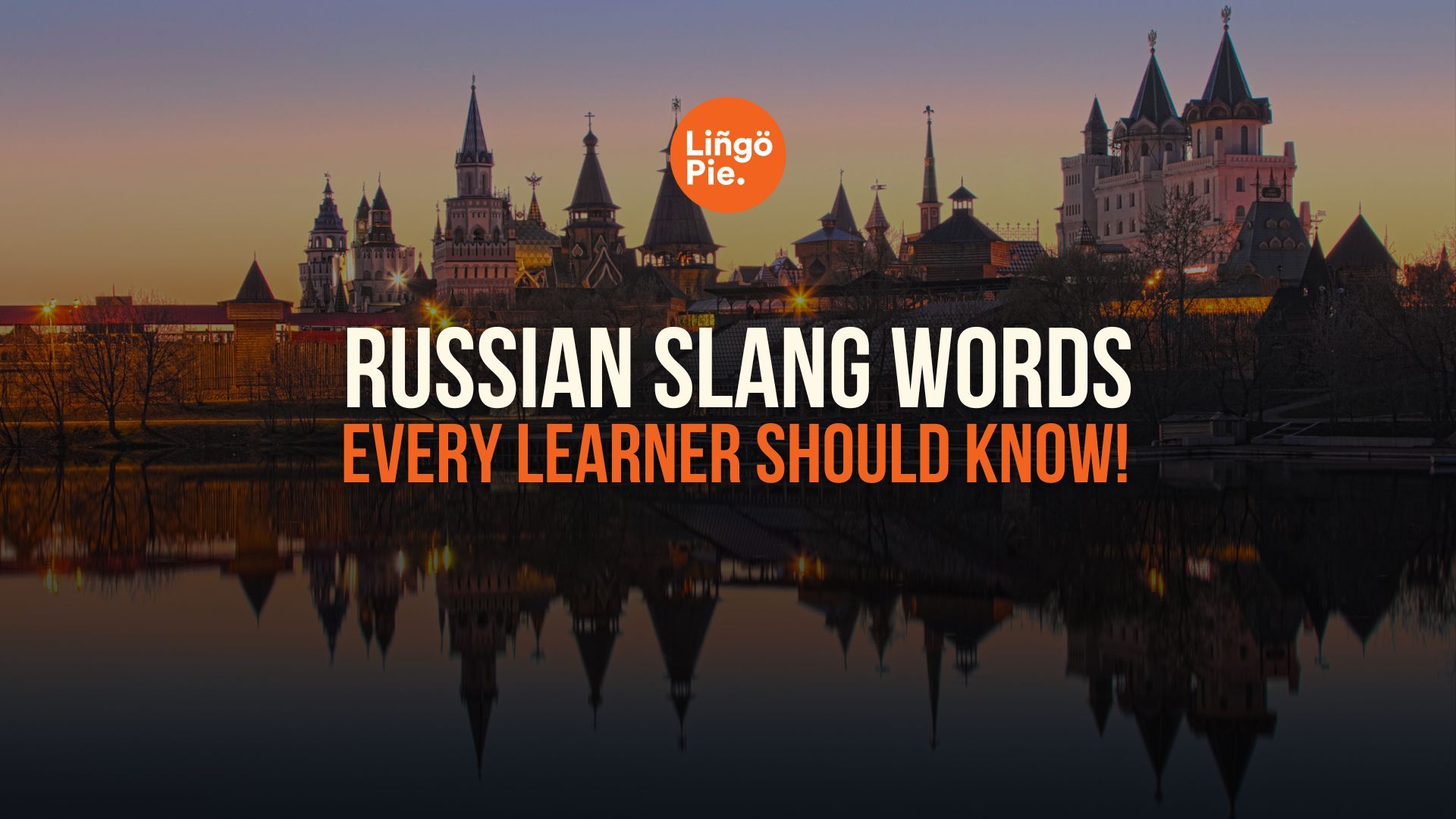
Learn Through Russian Documentaries With Lingopie
Why wait to transform your Russian learning experience? Lingopie makes it easy to start watching these documentaries right away, with features designed specifically for language learners. You can pause, replay, and save new words as you watch, turning each viewing session into an effective learning experience.

Whether you're interested in Russian history, literature, or just want to improve your language skills, these documentaries are your ticket to faster, more engaging Russian learning. Start watching today and discover how much fun learning Russian can be when you combine great content with the right learning tools.
FAQ About Learning Russian Through Documentaries
Are Russian documentaries too difficult for beginners?
Not at all! Russian documentaries can be accessible to learners at any level, especially when using Lingopie's learning features. Historical documentaries often have clear narration and visual context that helps you understand the content. Start with shorter segments, use subtitles, and gradually build up to watching longer sections as your comprehension improves.
How can I understand Russian documentaries without advanced vocabulary?
Modern documentaries, especially those available on Lingopie, are designed with clear narration and strong visual elements. Many historical terms are similar to English (like "революция"/revolution), and the visual context helps you understand new words naturally. Plus, documentaries often repeat key terms, helping you learn through context and repetition.
Will watching Russian documentaries improve my pronunciation?
Absolutely! Russian documentaries expose you to native speakers using authentic pronunciation and intonation. Using Lingopie's replay feature, you can practice mimicking the narrator's speech patterns, helping you develop more natural-sounding Russian. Documentary narrators typically speak clearly and at a measured pace, making them excellent pronunciation models.
How often should I watch Russian documentaries to see improvement?
Consistency is more important than duration. Try watching 15-30 minutes of Russian documentaries on Lingopie at least three times a week. This regular exposure to native Russian speech, combined with active learning techniques like vocabulary note-taking and phrase repetition, will help you see steady improvement in your language skills.
What's the best way to retain vocabulary from Russian documentaries?
Take advantage of Lingopie's interactive learning features while watching documentaries. Create flashcards from new words you encounter, practice using them in context, and pay attention to how they're used in different situations. Historical documentaries are particularly good for vocabulary retention because they present words in memorable historical contexts and often repeat important terms throughout the program.


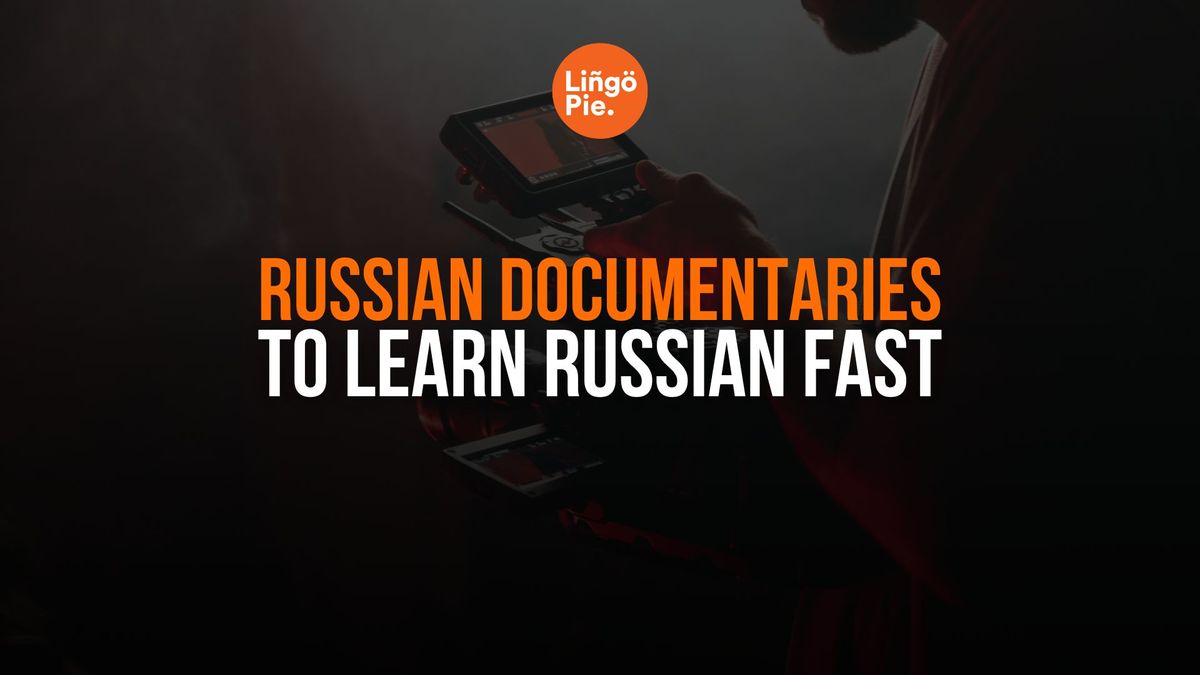


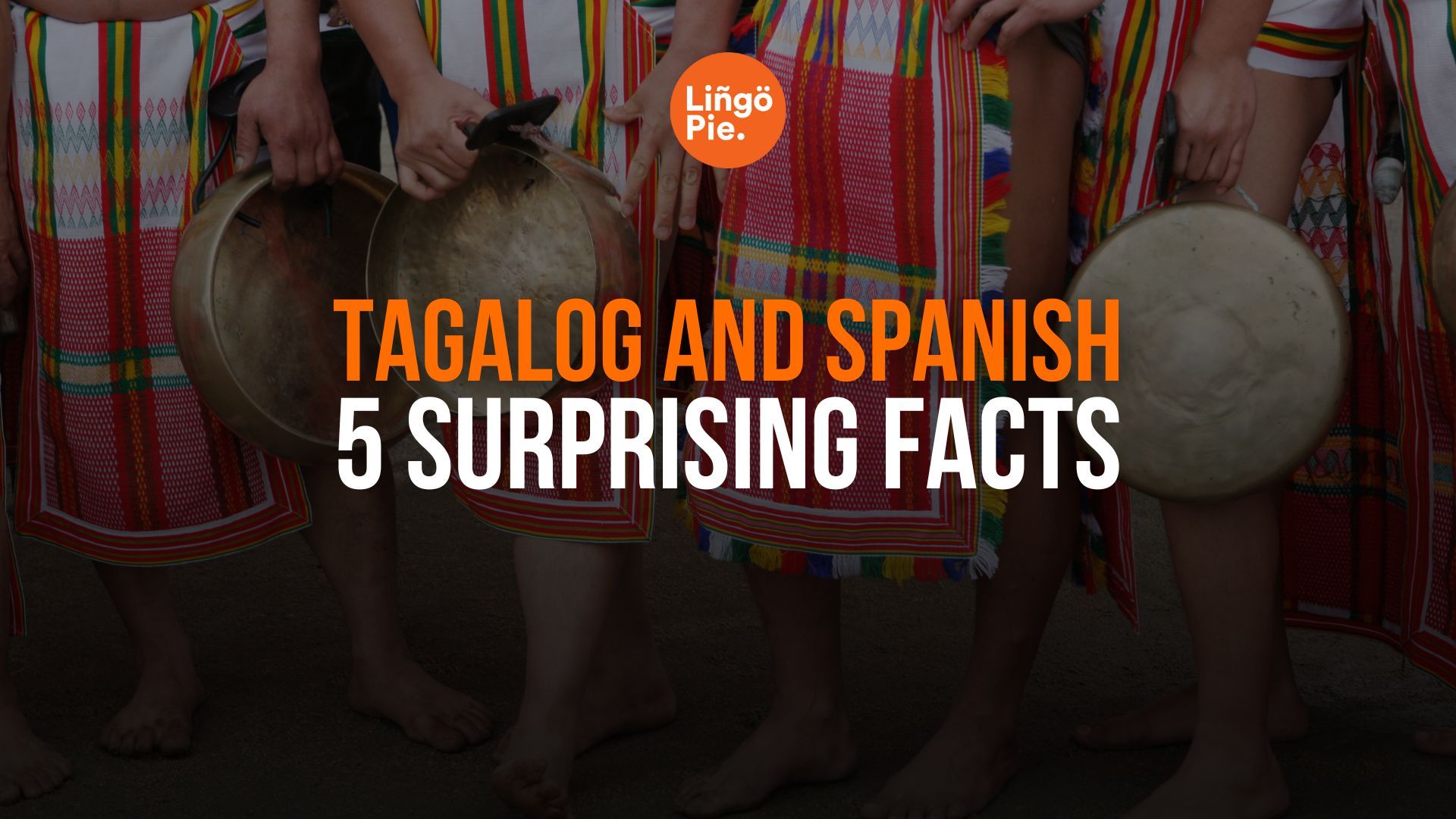


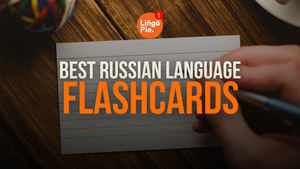
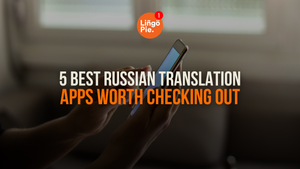
![11 Best Apps to Learn Russian Language [TESTED]](/blog/content/images/size/w300/2026/01/Apps-to-learn-russian.jpg)